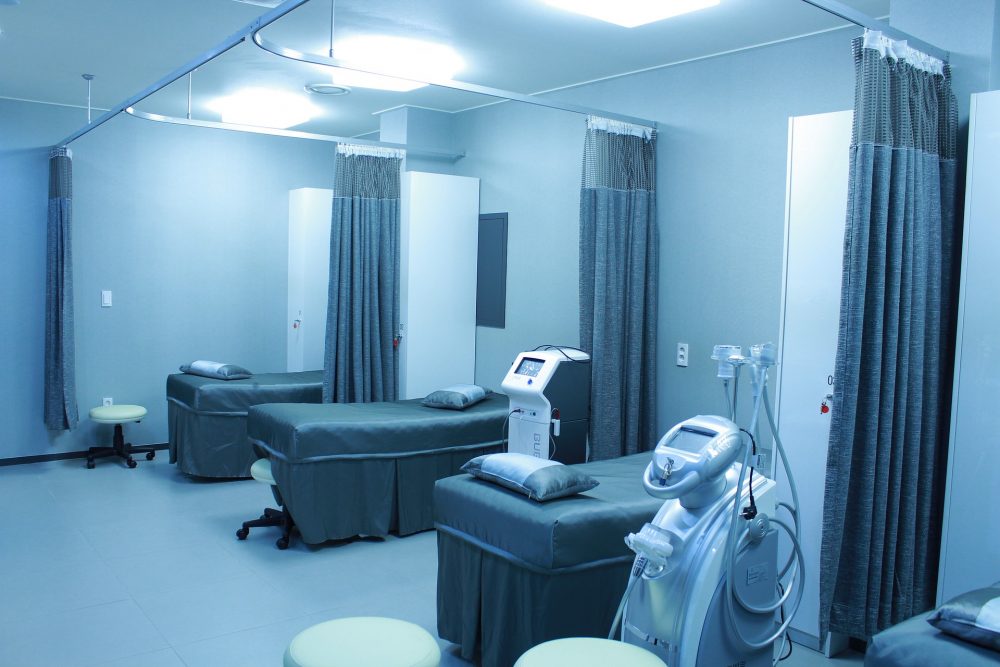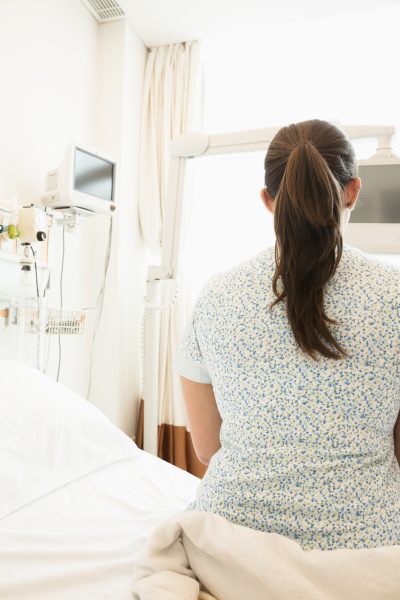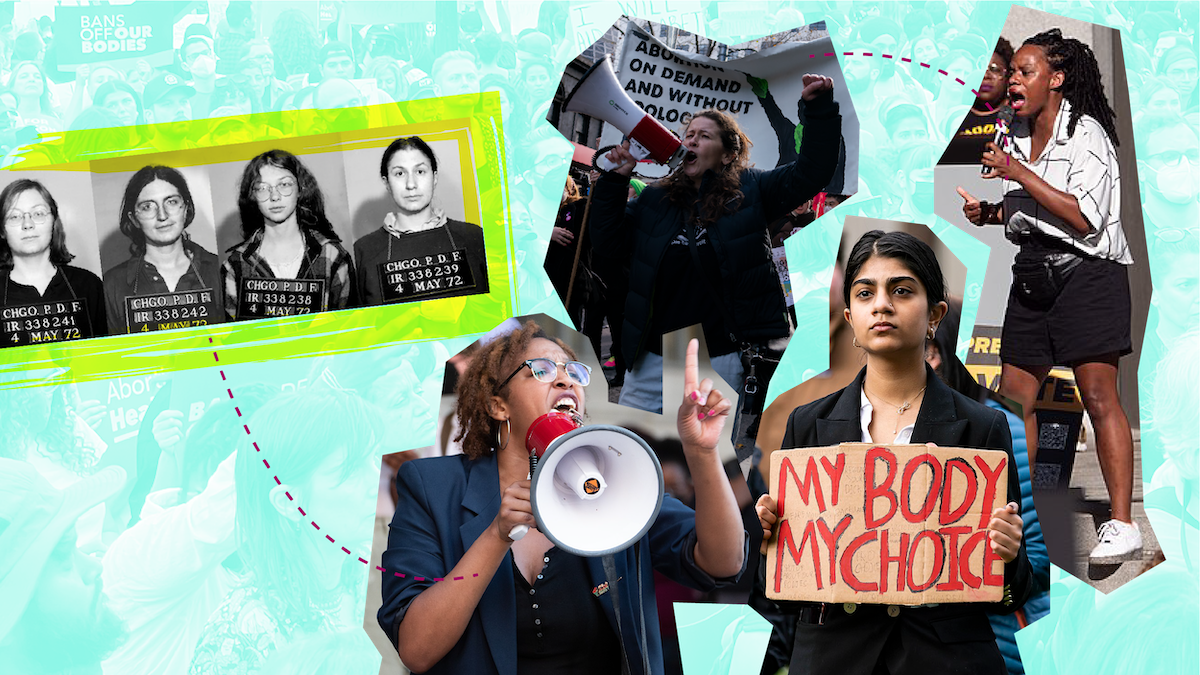Sexual Harassment, Assault, and the #MeToo Movement – It’s Time for Accountability in Health Care

CW: sexual assault and sexual harassment in health care.
 Across the country medical boards are leaving patients vulnerable to sexual harassment and assault by either failing to investigate claims of sexual harassment and assault or by failing to discipline providers. In fact, earlier this week the New York Times reported that the Ohio State Medical Board knew that a former Ohio State University team doctor had abused scores of student athletes. Yet, it appears the Ohio Medical Board didn’t discipline him, leaving him free to continue practicing medicine and sexually abusing his patients.
Across the country medical boards are leaving patients vulnerable to sexual harassment and assault by either failing to investigate claims of sexual harassment and assault or by failing to discipline providers. In fact, earlier this week the New York Times reported that the Ohio State Medical Board knew that a former Ohio State University team doctor had abused scores of student athletes. Yet, it appears the Ohio Medical Board didn’t discipline him, leaving him free to continue practicing medicine and sexually abusing his patients.
And we know this isn’t an isolated problem:
- In Texas, a provider who sexually assaulted his patient was able to practice medicine for two years after the incident despite his patient filing a complaint against him. It was only when he was finally arrested for his crime that the state medical board took disciplinary action by revoking his license.
- In Arkansas, a provider who continues to face multiple criminal charges for rape has been allowed to keep his family practice open and continue practicing medicine as long as he is chaperoned.
- And just last week it was reported that doctors in California who are accused of sexual misconduct are often disciplined leniently and more often than not are eventually allowed to continue practicing medicine without restriction.
A report from 2016 helps demonstrate how pervasive this trend of delayed or no accountability for sexual harassment or assault really is. The report found that two-thirds of doctors who were sanctioned by their employers or paid a settlement as the result of sexual harassment or assault claims never faced medical board discipline. This means many of these providers were able to keep their medical license and keep practicing even after sexually harassing or assaulting their patients.
Enough is enough. It’s time for the #MeToo movement to reach health care.
Sexual assault or harassment by a provider is not just wrong and devastating to patients – it is also unlawful. It’s time for state medical boards to step up and hold the providers they license accountable for their actions and to truly put patient health and safety first.
Every patient should be able to get the care they need free from harassment or discrimination. And every patient should know they have rights. If you or someone you know has experienced sexual harassment or assault while getting the care you need, you can always contact the National Women’s Law Center through the Legal Network for Gender Equity at (202) 319-3053 or https://nwlc.org/legal-assistance. The Legal Network provides information to those facing sexual harassment and assault to connect with the legal resources they need to fight back.




